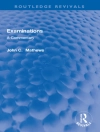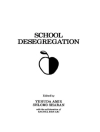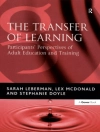Focusing on Ghana, the first country in sub-Saharan Africa to gain independence from European colonial rule and the first in the world to ratify the UN Convention on the Rights of the Child, this book explores how dominant children’s rights principles interact with the lived realities of a range of children’s lives.
The author considers the changeability and inconsistencies of childhoods within this context and the factors that underpin these varied intersections, including cultural norms, British colonial legacy, the influence of Christianity, urbanization, and social, economic and political transformations.
Challenging one-dimensional portrayals of childhoods in the Global South, the author highlights the need for more holistic approaches to the study of children’s lives and children’s rights realization in Southern contexts.
Tabella dei contenuti
Introduction
1. Tracing the Western Origins of Global Children’s Rights Discourses
2. From the National to the International: The Makings of the Global Discourse of Children’s Rights
3. Global Children’s Rights Discourses: Imperialistic, Irrelevant, and Inapplicable to Southern Contexts?
4. Historical Approaches to Child Welfare in Ghana
5. From Marginal to Central: Tracing the Deployment of Children’s Rights Language in Laws and Action in Ghana
6. Exploring the Multiplicity of Childhoods and Child Rearing Practices in a Pluralistic Society and the Implications for Children’s Rights
7. The Plurality of Childhoods and the Significance for Rights Discourses: An Exploration of Child Duty and Work Against a Backdrop of Social Inequality
8. Implications of the Pluralities of Childhood Conceptualizations and Lived Experiences in the Global South for Studies of Children’s Rights
Circa l’autore
Afua Twum-Danso Imoh is Associate Professor in Global Childhoods and Welfare at the University of Bristol.












